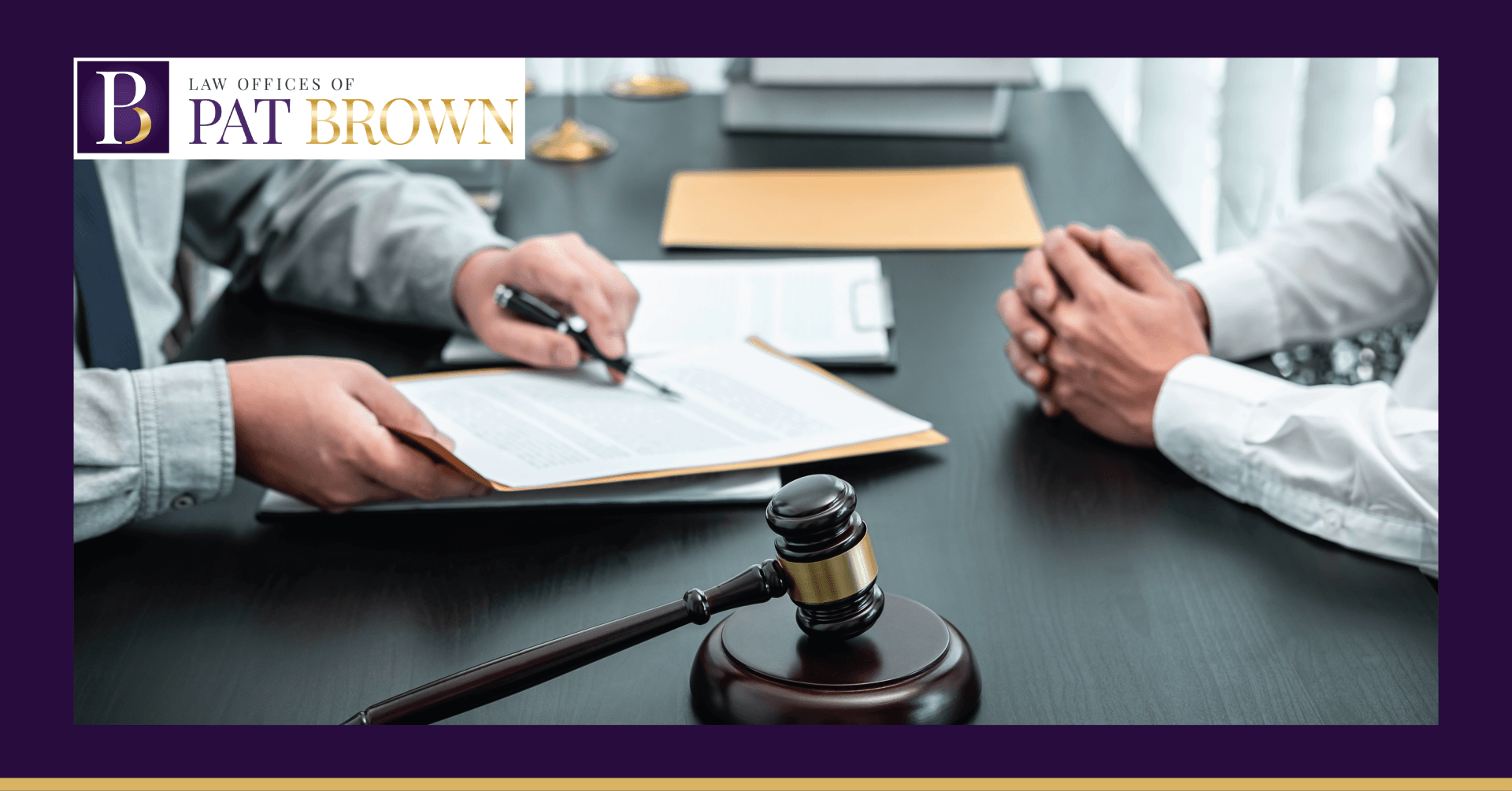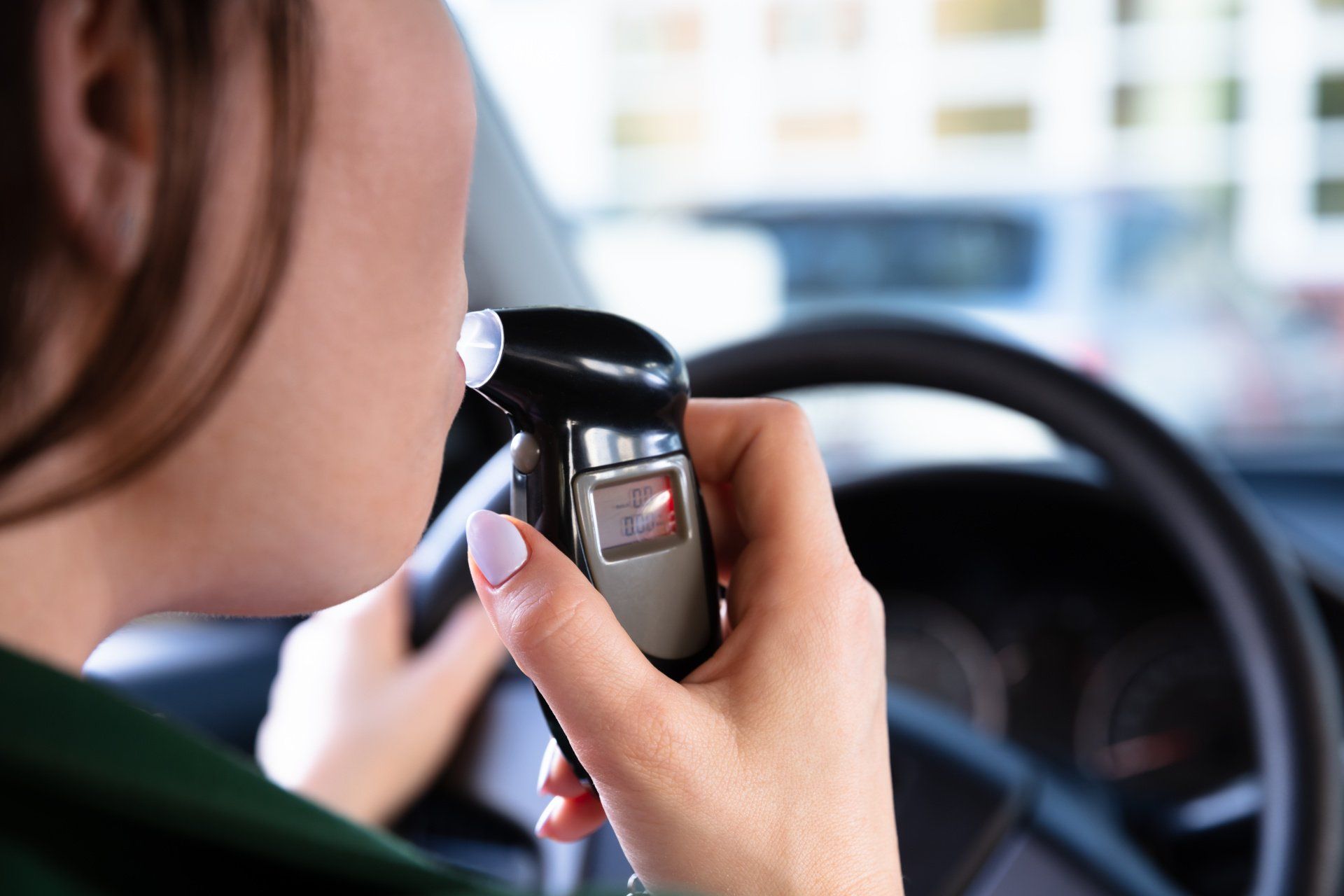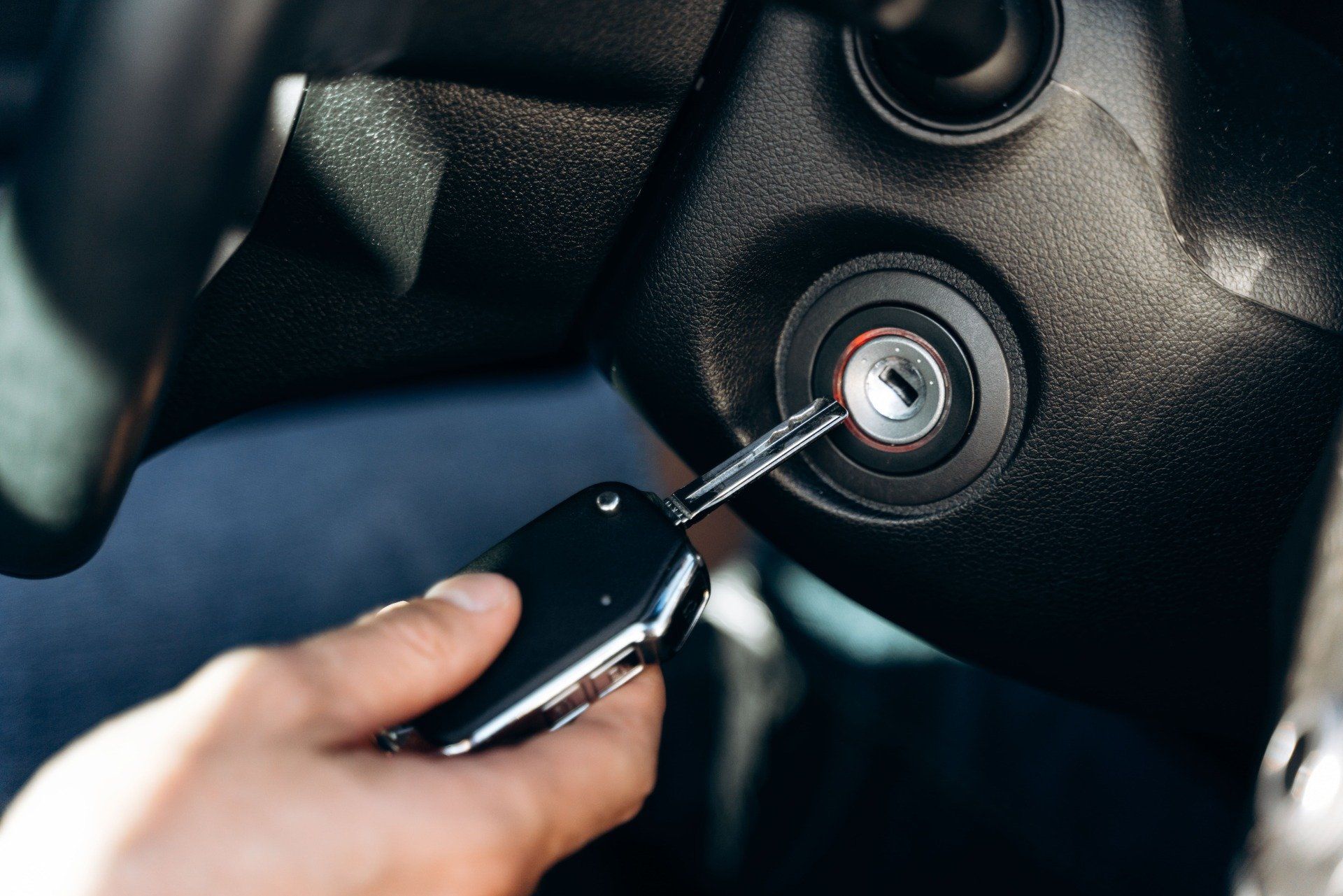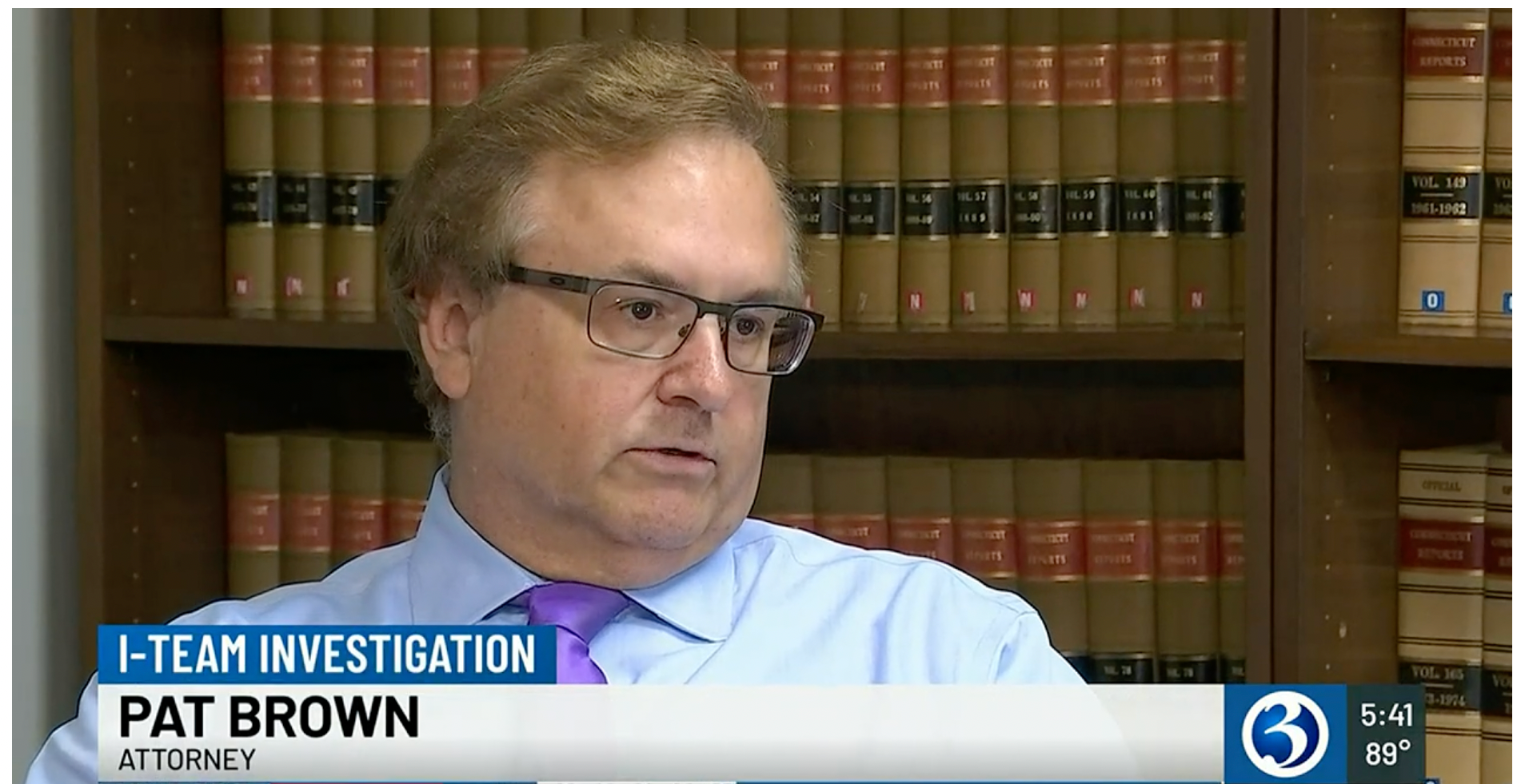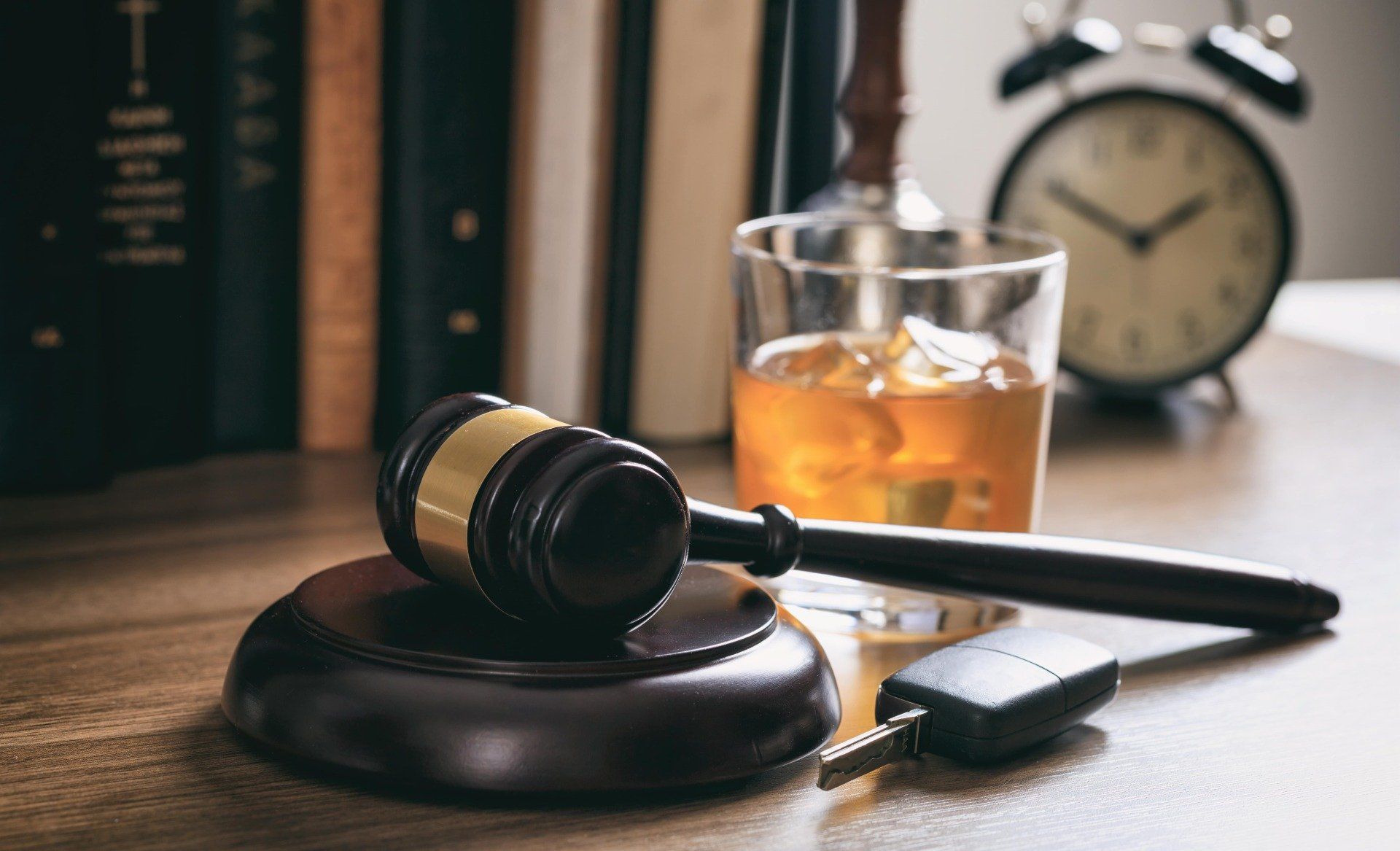Facing a criminal trial is one of the most significant legal challenges anyone can experience. One of the first major decisions a defendant must make is whether to exercise their right to a jury trial or waive it in favor of a bench trial—a trial before a judge alone. This decision can dramatically impact the outcome of the case. While jury trials involve a group of peers determining guilt or innocence, bench trials rely solely on a judge’s assessment of the facts and application of the law. Understanding the differences, advantages, and risks of both options is critical to making an informed decision.
Factors to Consider in Deciding Whether to Waive the Right to a Criminal Jury Trial
A person charged with a crime (a “defendant”) has a constitutional right to a trial by jury. However, the defendant may waive this right and opt for a bench trial, where the judge alone determines the verdict. Here are some key factors to consider when making this crucial decision.
1. The Judge’s Reputation and Track Record in Bench Trials
If bench trials are uncommon in a particular jurisdiction, it may be difficult to assess a judge’s track record. In some courts, judges are more likely to convict, while in others, they may lean toward acquittal in cases with weaker evidence. A criminal defense attorney familiar with local courts can provide insight into whether a specific judge is more or less favorable to defendants.
2. The Nature of the Defense
Certain legal strategies work better in a bench trial, while others are more effective before a jury:
3. Credibility issues
Judges, more so than some jurors, are likely to believe police officers. On the other hand, a judge, more so than a jury, is likely to find the testimony of a sympathetic, but confused, witness insufficient to convict.
4. Excluded Evidence
In a jury trial, jurors are not allowed to hear evidence that has been ruled inadmissible. However, in a bench trial, the judge will know about suppressed evidence, even if they vow not to consider it in their ruling. This can be a major disadvantage in cases where damaging evidence has been excluded.
5. The Risk of a Harsher Sentence for Choosing a Jury Trial
In some jurisdictions where bench trials are common, a judge may penalize a defendant who chooses a jury trial by imposing a harsher sentence upon conviction. This is because jury trials take more court time and resources, which some judges may view unfavorably.
6. The slow guilty plea
Sometimes, there is no plausible defense to the crime charged, but the defendant refuses to plead guilty. In that instance, a bench trial might avoid a lengthy jury trial that only will aggravate the judge and earn a severe sentence for the defendant.
7. The need to preserve legal issues
If the case involves substantial legal issues that may warrant an appeal, a bench trial may be preferable. A guilty plea waives most appeal rights, while a bench trial allows the defense to preserve legal challenges for a higher court.
What Are the Key Differences Between a Bench Trial and a Jury Trial?
Understanding the distinctions between these two types of trials is essential for making an informed decision.
When Is a Bench Trial the Better Option?
While a jury trial is the default option, there are certain scenarios where a bench trial may be more beneficial:
How Do Jury Selection and Voir Dire Impact the Outcome of a Trial?
Jury selection is a crucial step in any jury trial, as the jurors ultimately decide the defendant’s fate. The voir dire process (jury questioning) allows the prosecution and defense to shape the jury composition.
If jury selection does not go well, the defense may regret not choosing a bench trial instead.
Final Thoughts: How to Choose Between a Jury Trial and a Bench Trial
Choosing between a jury trial and a bench trial is one of the most critical decisions in a criminal case. While jury trials provide a chance to appeal to emotions and challenge the prosecution’s case before a diverse group, bench trials offer a faster, more legally focused process that may be advantageous in certain situations.
Key takeaways include:
Ultimately, the right choice depends on the case facts, legal strategy, and potential risks. By understanding these key factors, defendants can make an informed decision that maximizes their chances of a favorable outcome.
The post Trial before a Judge or Jury appeared first on Law Offices of Pat Brown.



